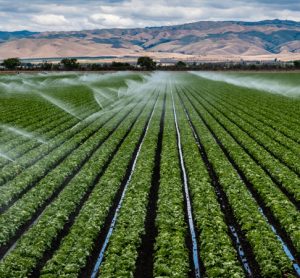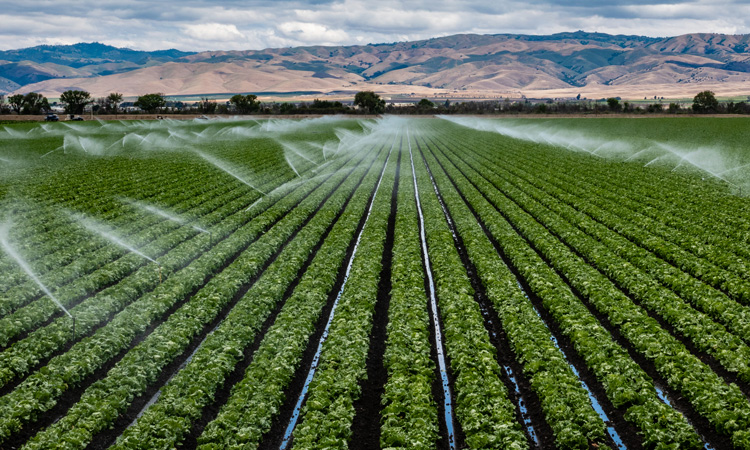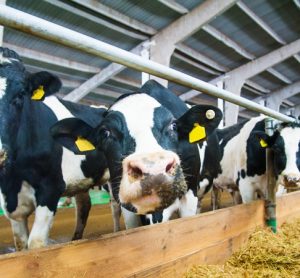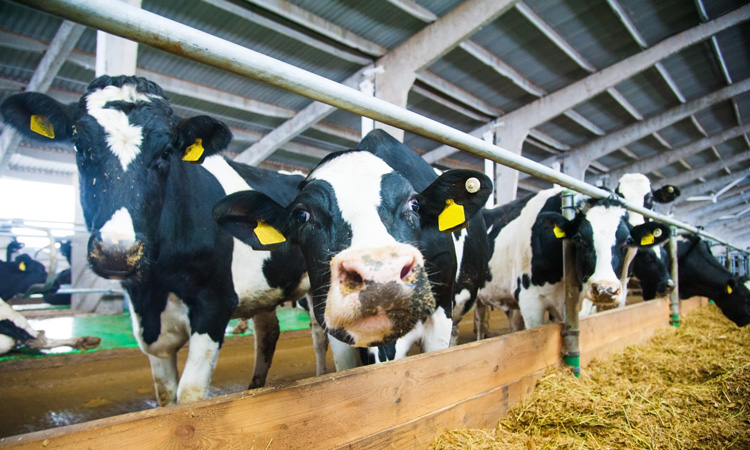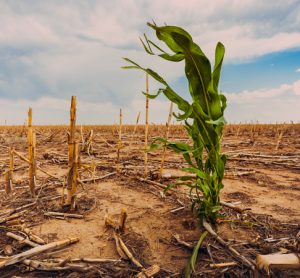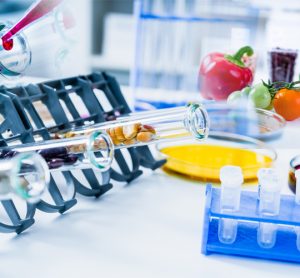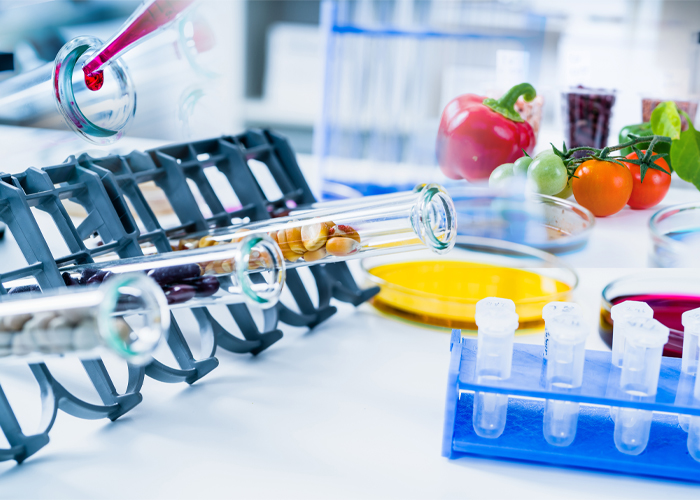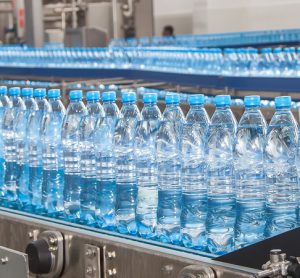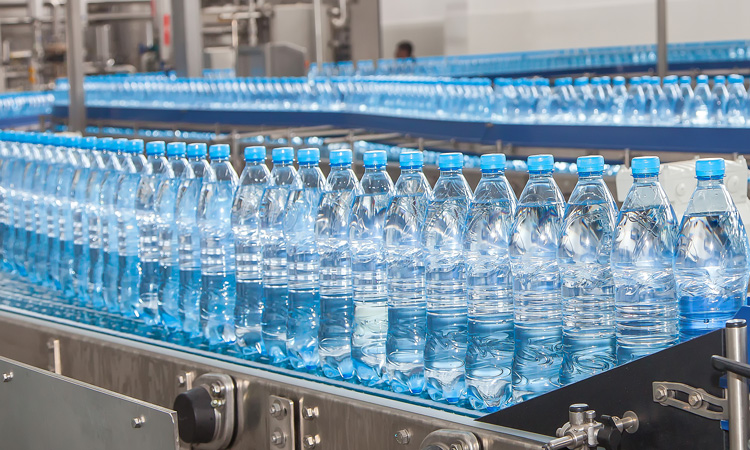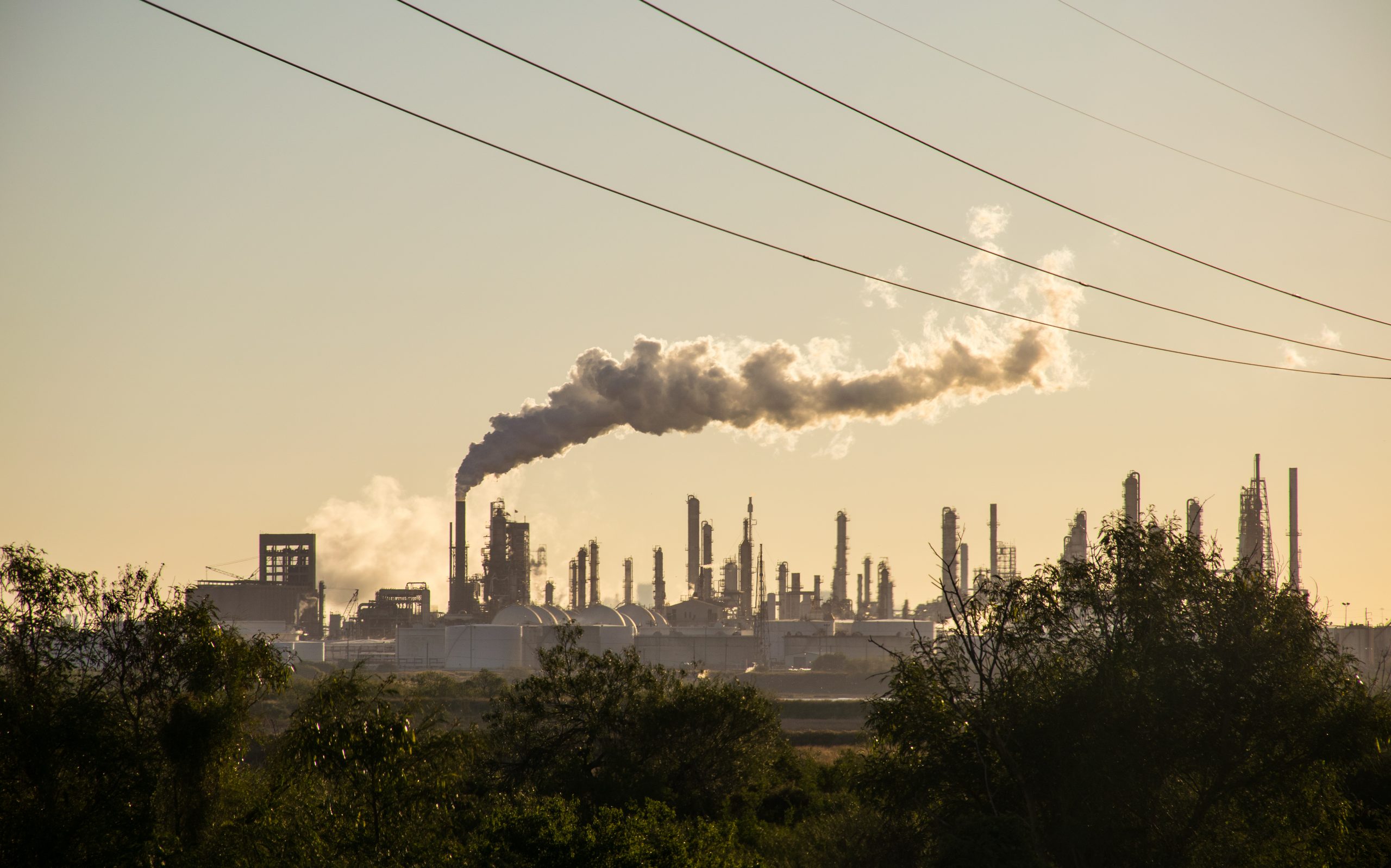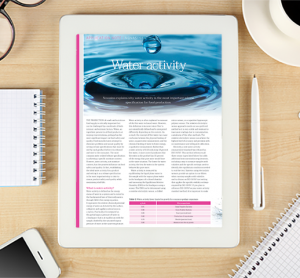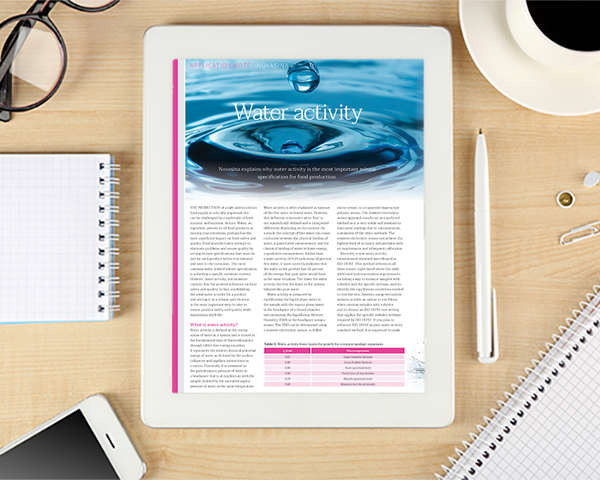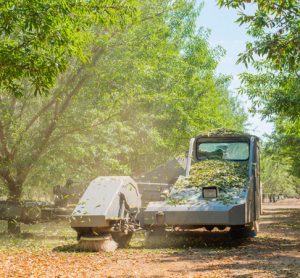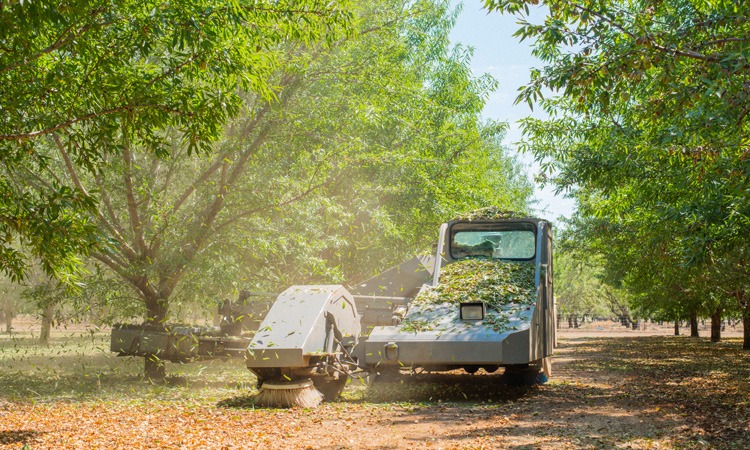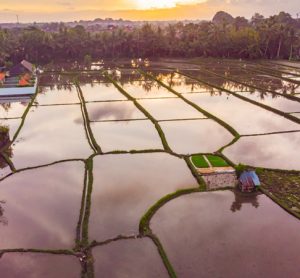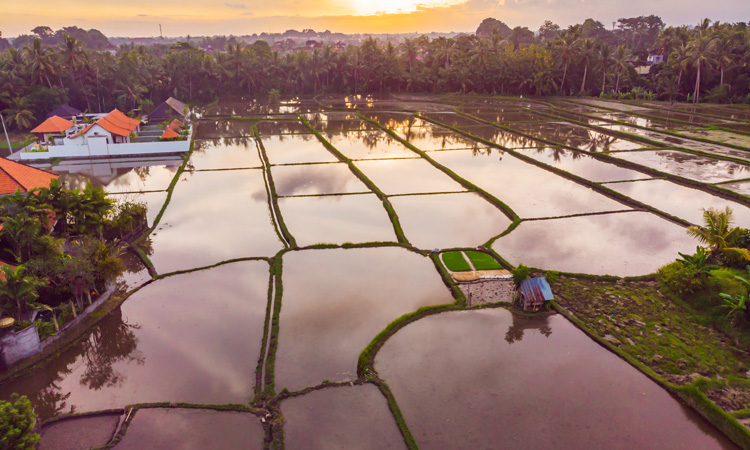List view / Grid view
Water
OPTIBAR PM 3050: New compact pressure transmitter for pressure and level applications
With OPTIBAR PM 3050, KROHNE introduces a new compact pressure transmitter for pressure and level applications with 2-wire 4…20mA HART communication. It aims at general applications in the food & beverage, water & wastewater, iron & steel, OEM/ Automation and other process industries.
Work underway to strengthen California leafy greens food safety practices
LGMA has a set out a series of new practices and and standards being carried out to ensure the food safety of leafy greens and to prevent future pathogenic outbreaks.
General Mills commits to 100 percent renewable electricity globally by 2030
To achieve this goal, the company is investing in renewable energy efforts to support the company’s environmental objectives.
Study examines environmental footprint of dairy cows over 50 years
The study found that greenhouse gas emissions reduced by 50 percent over 50 years when dairy cows in California produced the same quantity of milk, which is said to be likely due to improvements in animal husbandry, feeding and housing practices, and animal genetics.
Seven sustainability trends that should worry the food industry
Robert Blood, Founder of SIGWATCH - the activist observation consultancy - suggests seven sustainability trends that food and beverage industry companies should be aware of if they are to retain and grow their customers.
Sample Preparation and Chromatography Considerations in Food
This webinar will highlight sample preparation and chromatography contributions in LC-MS/MS workflows for PFAS and GenX compounds.
New bill could prohibit water bottling operations in Washington State
The bill, which states bottled water is harmful to environment, has been condemned by the International Bottled Water Association (IBWA), which claims that the bill lacks fact and is not based on sound scientific sources.
Tackling global food and water challenges through international collaboration
Members of the International Food and Water Research Centre (IFWRC) Scientific Advisory Panel discuss current challenges the food industry is facing, including climate change and food fraud, as well as key trends and the role of international collaboration between industry, academia, government and non-government organisations.
Water chemicals attributable for five percent of bladder cancer cases in EU
Authors from ISGlobal analysed recent data on trihalomethanes levels in European municipal tap water and estimated the burden of disease for bladder cancer attributable to exposure to these compounds.
Cannabis Testing
In-house prepared water as an alternative to bottled HPLC-grade water. By Dwain Irvan* and Klaus Schöne
Application Note: Water activity
Novasina explains why water activity is the most important release specification for food production.
Almond Board of California invests $5.9 mn in next-gen farming research
The investment will allegedly fund 85 independent research projects that aim to reduce water usage, achieve zero waste and open new opportunities for innovation.
Study finds that reducing soil tilling helps both soils and yields
A new study, which has found that reducing soil tilling increased yields and nurtured healthier soils, could help maximise the benefits of technology and guide farmers into the future.
Researchers study how crops compare to rice in flooding
The researchers explained how rice was domesticated from wild species that grew in tropical regions, where it then adapted to endure flooding and submersion in water.







